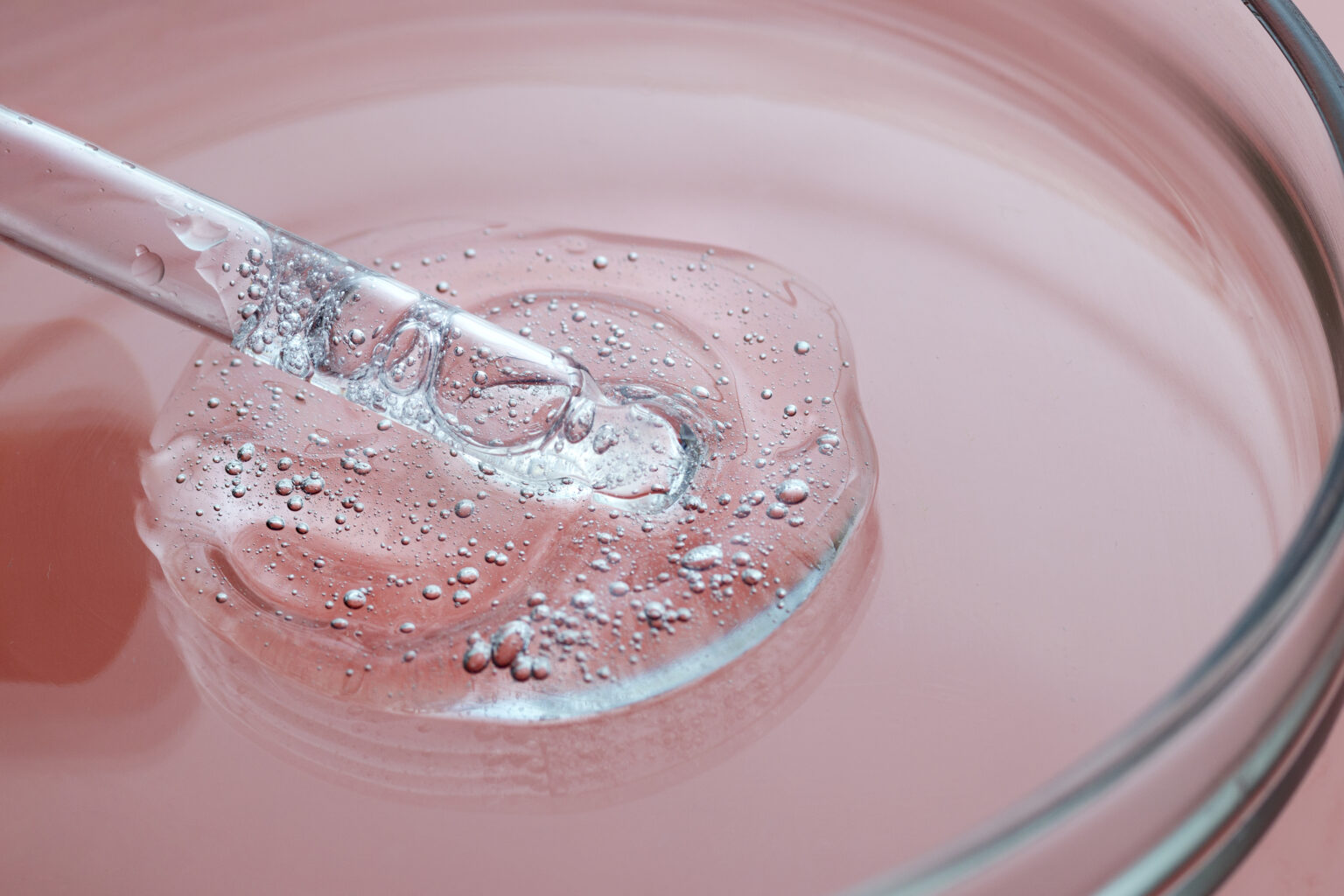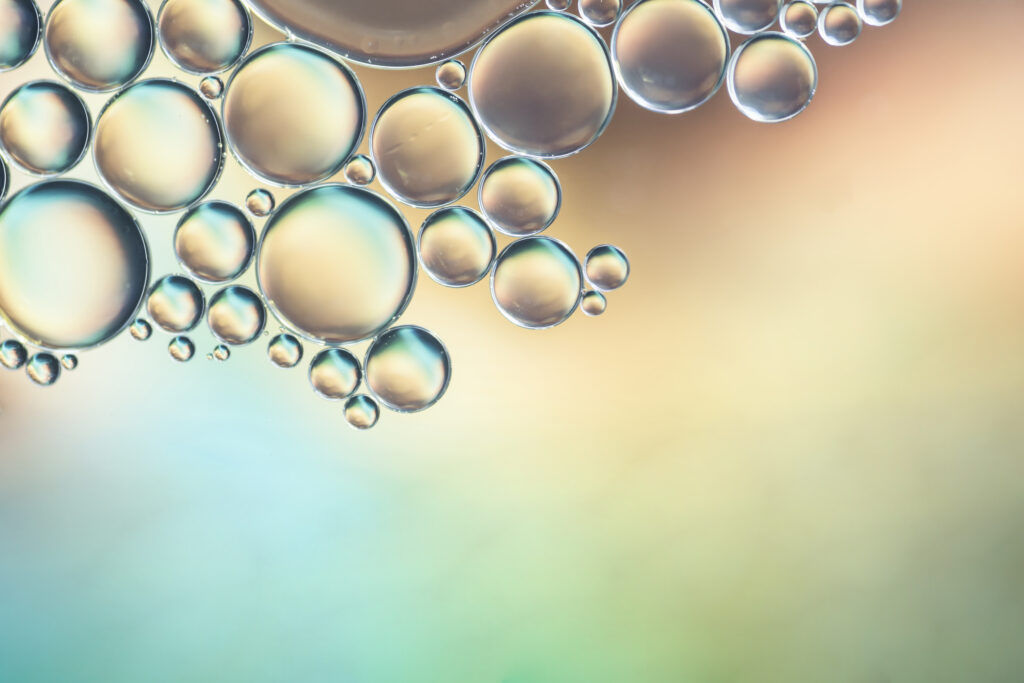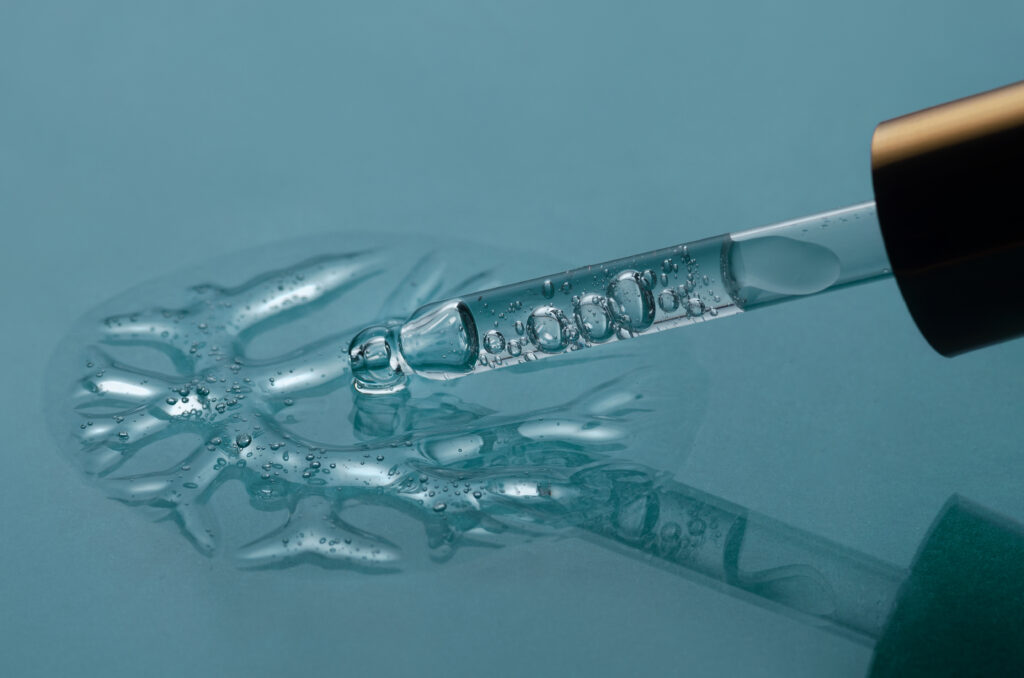Why Choosing the Right skincare Ingredient is essential ?
There are many more alternatives out there for skincare than simply usual favorites like vitamin C or niacinamide. Let’s take a more detailed look at retinol, peptides, and ceramides—some other key players in the skincare game. Although these substances aren’t often the focus of skincare, their advantages are too great to ignore. allow ourselves to examine each of these substances’ potential benefits for your skin, who they work best for, and some advantageous usage advice.
Understanding the Ingredients
Peptides are small chains of amino acids that act as building blocks for essential proteins like collagen and elastin. These proteins are vital for maintaining skin’s elasticity and firmness. By boosting collagen production, peptides help reduce fine lines and wrinkles, giving your skin a smoother, more youthful appearance.
Ceramides are naturally occurring lipids that play a crucial role in maintaining the skin barrier. They lock in moisture, prevent water loss, and shield the skin from environmental irritants. Ideal for dry or sensitive skin, ceramides restore hydration and strengthen the skin’s protective layer, keeping it soft and healthy.
Retinoids are Vitamin A derivatives celebrated for their anti-aging and acne-fighting properties. They accelerate cell turnover, smooth out wrinkles, and unclog pores, making them effective for acne-prone or aging skin. However, they should be used carefully to avoid irritation, especially for beginners.



Matching Ingredients to Your Skin Type
Dry or Sensitive Skin: Ceramides are your best ally. They replenish moisture, repair the skin’s protective barrier, and shield it from environmental stressors. With ceramides, you can keep your skin hydrated, calm, and nourished.
Aging or Mature Skin: A combination of peptides and retinoids works wonders. Peptides boost collagen production for improved elasticity, while retinoids reduce wrinkles and promote skin renewal. Together, they help restore firmness and radiance to mature skin.
Acne-Prone or Oily Skin: Retinoids are highly effective for clearing clogged pores, reducing breakouts, and improving overall texture. Their ability to regulate oil production and encourage cell turnover makes them an ideal choice for tackling acne and maintaining a smoother, healthier complexion.
For optimal results and tailored advice, consult a trusted dermatologist to ensure your skincare routine meets your skin’s unique needs.
Tips for Combining Ingredients Safely
Using the right combination of ingredients can make a big difference, but it’s all about balance. Start with hydrating ceramides, add peptides for extra repair, and save retinoids for nighttime. Just don’t overdo it with retinoids—they can irritate if used too much. Always introduce new products slowly to see how your skin reacts.
Final Thoughts
Finding the right skincare ingredients starts with understanding your skin’s unique needs. Whether it’s peptides, ceramides, or retinoids, choose what suits you best. For expert advice, consult a dermatologist and take the next step toward radiant, healthy skin.
Yes, you can! Peptides and ceramides work well together to hydrate and repair the skin, while retinoids should be introduced gradually. Use ceramides to soothe and protect when using retinoids to avoid irritation.
Retinoids can be strong, so if you have sensitive skin, start with a lower concentration or opt for milder forms like retinol. Always pair them with ceramides to help maintain your skin barrier.
Peptides stimulate collagen production to improve firmness and elasticity, while ceramides strengthen the skin barrier and lock in moisture, preventing dryness and irritation.
Peptides and ceramides often show noticeable hydration and repair within weeks, while retinoids may take 8–12 weeks for visible improvements in wrinkles, acne, or texture. Patience is key with all three!
